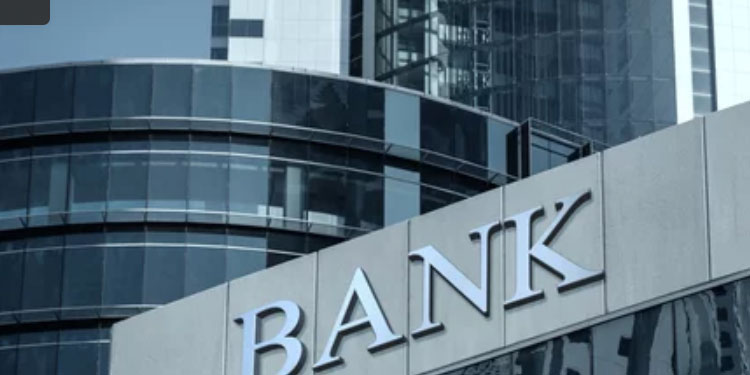When was the last time you went to the bank? A while ago I guess, and if not you’re probably still not going as frequently as people did ten years ago. What about making bank transactions? Only when absolutely necessary, right? When online banking was shiny and new, who could’ve foreseen the landscape today? Besides perhaps, the minds that made it. As always, a new technology comes along, creates a boom, and then is made increasingly efficient until it reaches a plateau. Then we wait for the next leap in technology.
For banking, this of course has meant the capacity to perform banking actions online and mobile has exploded. The anomaly however was covid 19, which acted as a catalyst for developments. If a bank’s customers had to risk their health or even their lives to deal with their own capital then surely they’d find a new bank. And so branches closed and apps opened.
The subsequent events were not simply customers having an easier time with their banking, oh no. This was one of the biggest chapters in the evolution of finance becoming something entirely digital. These changes were not a symptom of the pandemic, no pun intended, but actually closer to a symptom of cryptocurrency. Bitcoin and friends of course went more mainstream when people were isolated and expanding their digital horizons. Money, however, has been drawn in other directions toward systems capitalizing on banking’s inefficiencies long before the pandemic or even the blockchain. I’m talking, of course, about FinTech such as American Express’s service or e-wallets like Paypal (here’s a list of E-wallets).
Since the crash in 2008, people certainly aren’t too quick to stick with banks over anything like loyalty or tradition, so seeing them lose power now is hardly bringing out the violins. By deploying FinTech themselves and getting tech giants like Apple in their corner, however, it looks like we won’t see the back of them just yet. But just think if cryptocurrencies and FinTech, in general, had been peaking then as they are now. All the anger and distrust towards the bank might have just finished them off. The only reason it didn’t was that there was no mainstream alternative.
And if you still use direct bank payments to pay for everything then don’t worry, you’ve not been left behind, for now. Most services and products that don’t accept bank transactions likely will have an alternative option that does. Take the current online casino trend for example. Whilst some casinos are more exclusive in their payment options, such as crypto casinos, many are still keeping it old school: here’s a list of online casinos that accept bank account.
So, what are banks doing about this exactly? A bit of experimenting, a bit of copying, and a lot of venture capital. If they don’t then yes, banks will be obsolete. As I mentioned, Apple is getting involved by helping Goldman Sachs to develop a new kind of credit card. JP Morgan and many others are simply buying up FinTech start-ups. And not to mention, big banks hiring over a thousand major crypto roles over the past few years. I wouldn’t say this is all down to the pressures of a changing FinTech landscape either – the reason blockchain was shunned for so long was simply that it needed to be around for a while to prove it isn’t a risky asset class. Now has been long enough, at least for coins like Bitcoin and Ethereum, it seems. If banks can make big money out of something, and that something isn’t just a fad that’s going to lose all its value, then there’s no reason why they wouldn’t invest in it.
Yes, all of this is very good news if you trade cryptocurrencies – big trades aided by banks will stimulate interest, make money (obviously), and, to some degree, stabilize the coins. Admittedly the crypto coins aren’t the most solid thing in the universe, but the stock market has always been volatile, it’s not exactly a new, crypto phenomenon.
